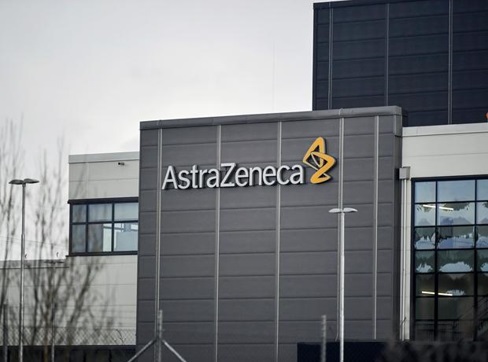- within Real Estate and Construction, Corporate/Commercial Law and Finance and Banking topic(s)
- with readers working within the Law Firm industries
The decision in the case of AstraZeneca vs. Emcure and AstraZeneca vs. MSN Labs gave a striking boost to pharmaceuticals industries. This decision in the case gave an added advantage to the pharma industry in terms of enforcing their species patents, even if the product may be marketed under the genus patent. Undoubtedly this decision will gave a huge boost in valuation of pharmaceuticals industry but it does entails itself in contradiction with previous rulings of the court that the coverage and disclosure cannot be separated.
Brief
The case revolves itself with the drug Ticagrelor for treatment of cardiovascular events. This drug covers 4 patents namely the genus patent i.e. IN 241229 for the "Markush" formula; a species patent i.e. IN 209907; the "crystalline form" patent i.e. IN 247984; and the "finished formulation" patent i.e. IN 272674. These all patents form the part of the drug Ticagrelor. The plaintiff contends that the genus patents which is for Markush Formula disclosed the possibility of compounds through permutations and combinations. The coverage of the drug by Markush formula does not conclude that the patent is disclosed, as contended by the patent. Had it been disclosed, no patent can be granted since this will come under the prior art.

[Image Source: Business Standard]
The defendant did not accept the argument stating that if the genus patent covers the drug, contending non-disclosure of the patent is totally misconceived. They reiterated the Novartis decision wherein the Supreme Court held that the law in this country does not permit a vast gap between a patent's coverage and its disclosure.
Analysis
The court findings were interesting. The court reiterated the Novartis case and stated that the apex court has not denied granting the species patent once the genus patent has been granted. Even if Ticagrelor was covered in the Markush formula in the genus patents still it is marketed in the species patents. The court reliance over the apex court ruling in Novartis was surprising since the apex court never categorically suggested that the grant of genus patent will not bar the species patent. This reasoning is valid depending upon the person skilled in the art to understand the patent from the previous one. Meaning thereby, that there are possibilities that the patent may be granted even if the markush formula discloses the patent but that will be dependent upon the person skilled in the art to make the drug.
The Novartis in its case asserted that the generic company has infringed the prior genus patents. The similar reasoning was put that whether the Novartis could allege the coverage of the generic patent in the prior genus patent and not disclosed. Similarly in the present case, the plaintiff contends that the manufacture of the drug Ticagrelor infringes the genus patents. But if it has infringed the genus patents, the plaintiff must necessarily proves that the drug can be made by the person skilled in the art only by the use of the said disclosure. Therefore the effective representation must be made in terms that the drug can be easily made by the skilled person.
The infringement must validly be in consonance with the disclosure of the patent. Therefore, if the patentee has made a claim for infringement for a particular product based on a patent, how can the patentee thereafter allege that the said patent merely covers the product but does not disclose the same? The disclosure must be in consonance with the product being covered and the infringement being intended. Hence, this becomes very important that the patentee, if he stops other from making the drug the effective disclosure must be made clear keeping a skilled person in mind. Stating that the disclosure is not made but the product is covered should be refrained.
The content of this article is intended to provide a general guide to the subject matter. Specialist advice should be sought about your specific circumstances.
[View Source]
